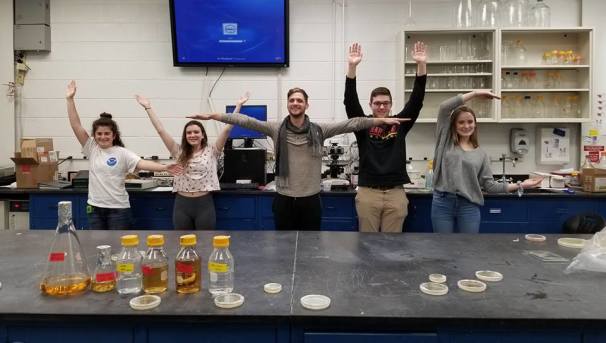Alternative Treatment for Antibiotic Resistant Infections
The Antibiotic Resistant Problem
In recent years, antibiotic resistance has become one of the most pressing health crises at home and abroad. The Center for Disease Control and Prevention has estimated that, in the United States alone, at least 2 million people develop a bacterial infection that is resistant to antibiotics, of which 23,000 are fatal. Nearly 50% of antibiotics in circulation prove ineffective in a clinical setting. This problem arises as increased application of antibiotics selectively eliminate susceptible populations. In response, the bacteria population evolves, developing natural defenses against conventional drugs. It is a very costly process for the pharmaceutical industry to develop drugs that are safe and effective against the resistant population. Clearly an alternative is necessary.
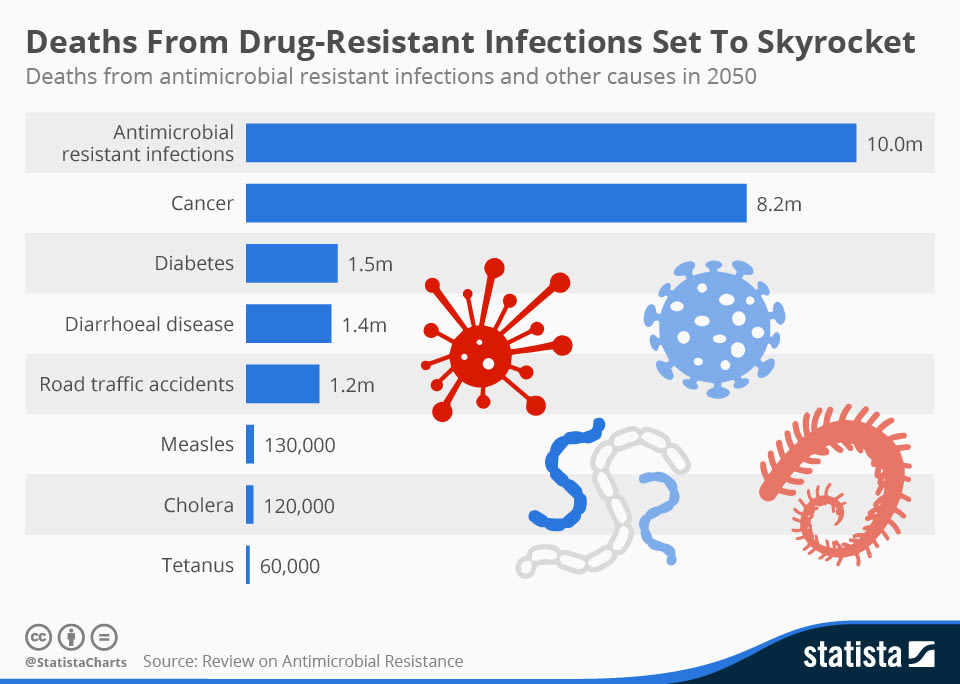
Team Lytic’s Solution
Our team plans to utilize bacteriophages, a naturally abundant virus that can only infect and propagate inside a specific bacteria target, a process that ultimately results in lysis of the bacteria, which in effect eliminates it. Using this basic principle, Team Lytic will devise a phage therapeutic able to effectively eradicate the bacteria by testing different compositions and various combinations of phages to identify the most effective mixture in terms of bactericidal kinetics. Different strains of phages will be isolated from the environment and developed in a process known as coevolution, whereby the bacteria resistant to phages are isolated and used to isolate variant phages able to infect them.
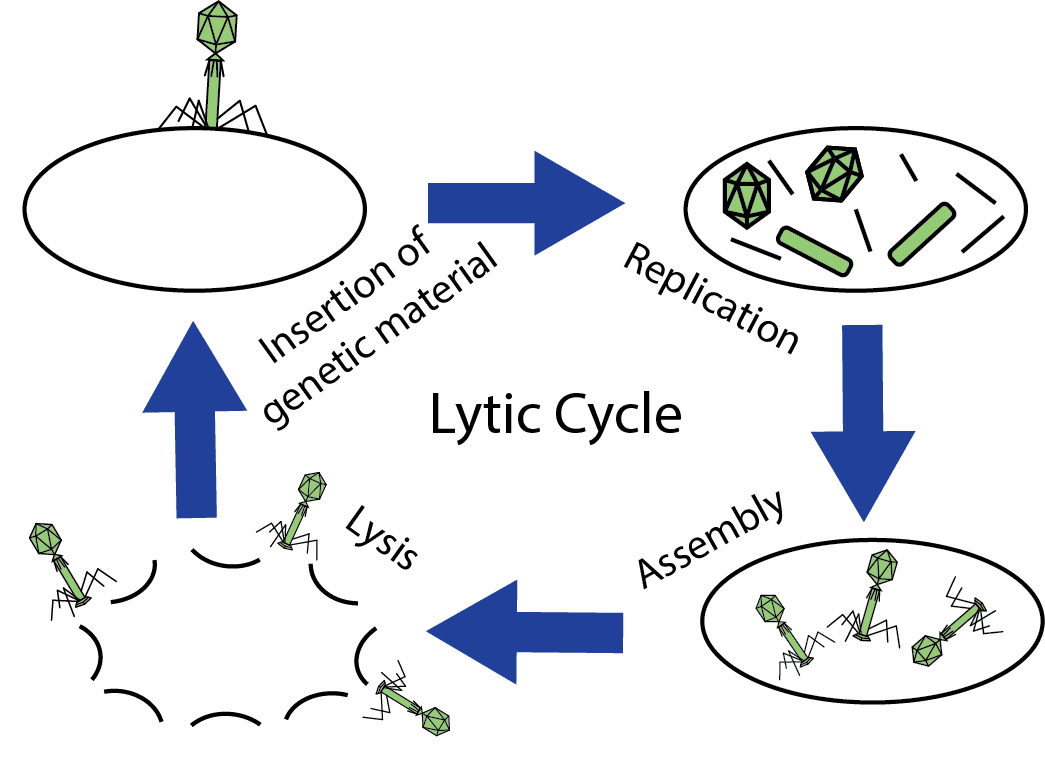
About Our Team
Under the guidance of Kevin Knapstein, the manager of the Bioprocess Scale-Up Facility, our team consists of 11 sophomores all pursing degrees relating to biology and chemistry in the Gemstone Honors College. This program permits undergraduates to participate in cutting edge research with the assistance of faculty.
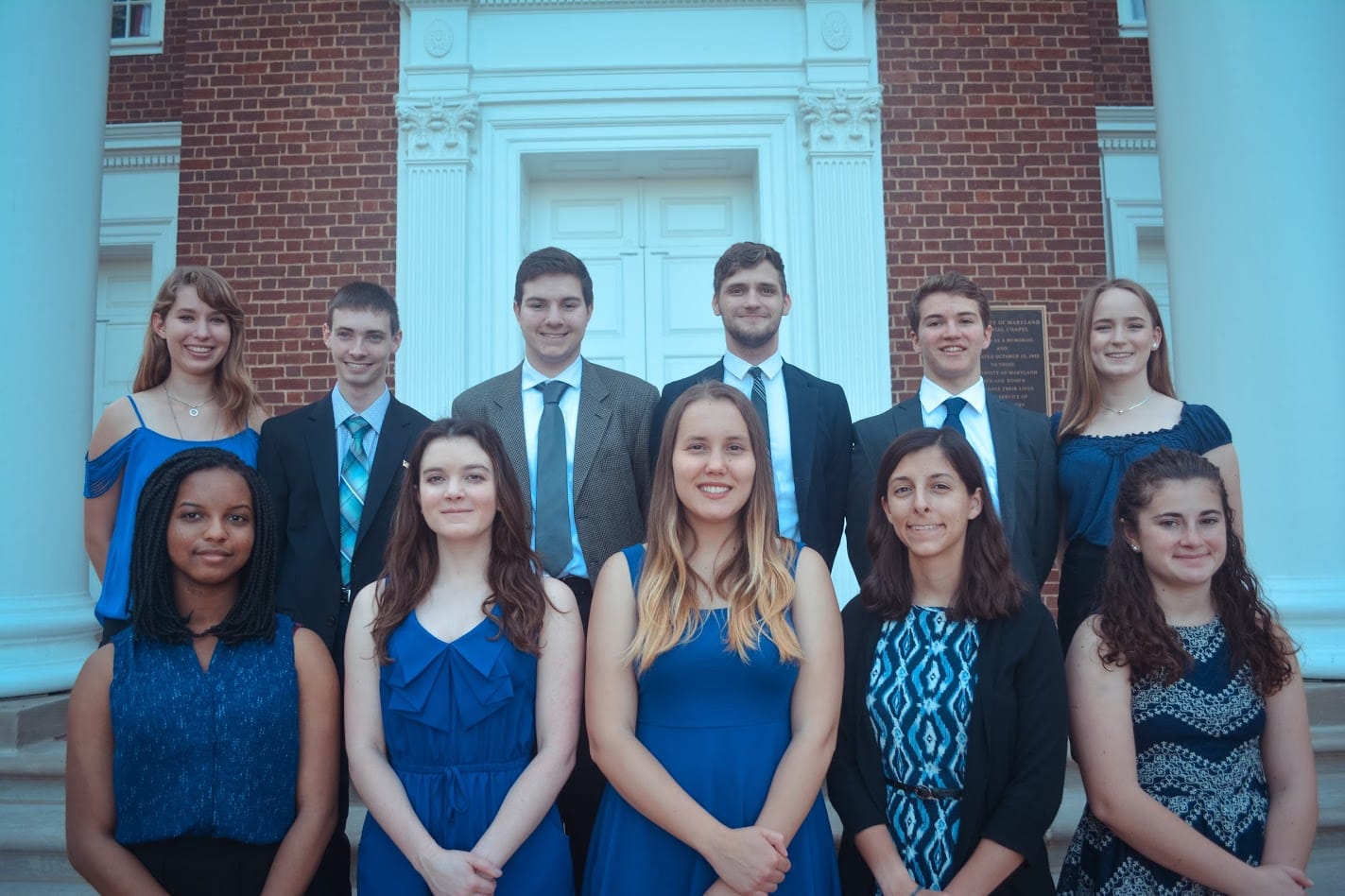
Motivation for Launch
In order to begin research and isolate phages, our team requires access to many variants of antibiotic resistant bacteria isolates. As a proof of principle, we will likely be using either Acinetobacter baumannii or Enterococcus faecium, two highly resistant bacteria with severe clinical implications. Additionally, we will need disposable glassware as these bacteria have a Biosafety Level 2 classification. With these funds, we will also be able to accomplish secondary objectives, such as recording the whole genome of effective phages and translating in vitro studies to in vivo studies. Every donation helps us along our journey and is greatly appreciated!
Connect with us!
If you have any questions or concerns, please feel free to email us at UMDPhageTherapy@gmail.com!
You can also keep up to date with our research at our:
Website: https://teamlytic.weebly.com
Facebook: https://www.facebook.com/teamLYTIC/
Twitter: https://twitter.com/Team_LYTIC
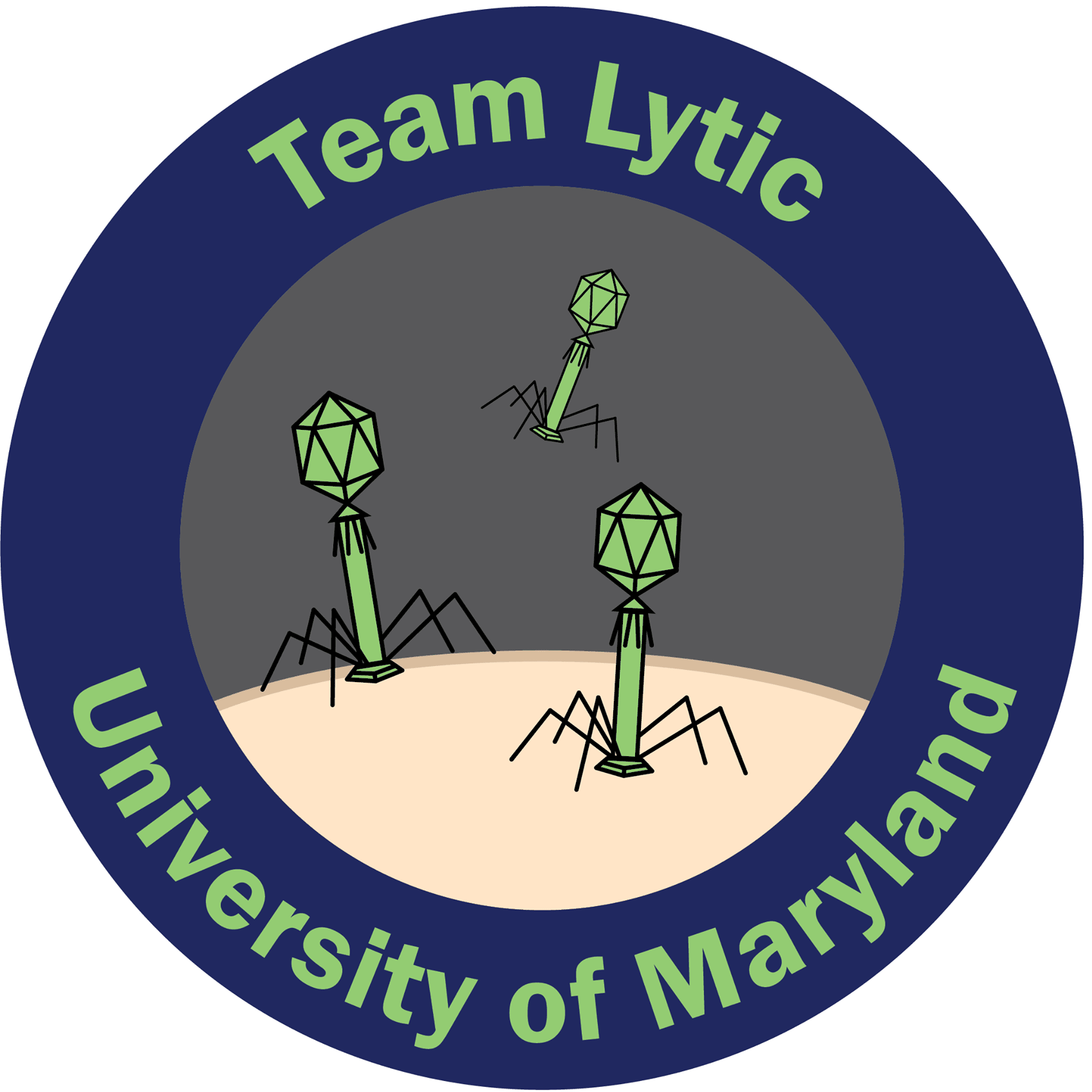
Gifts in support of the University of Maryland are accepted and managed by the University of Maryland College Park Foundation, Inc., an affiliated 501(c)(3) organization authorized by the Board of Regents. Contributions to the University of Maryland are tax deductible as allowed by law. Please see your tax advisor for details.
$10
Disposable Glassware
This contribution will allow the team to purchase disposable well plates and flasks in which the bacteria and phages will be cultured and harvested in.
$25
Culture Media
This contribution will allow the team to purchase the broth and agar plates in which the bacteria will be able to grow.
$50
Isolation Reagents
This contribution will allow the team to purchase the chemicals and materials necessary to isolate bacteriophages from the culture media.
$100
Phage Genotyping
This contribution will allow the team to determine the genetic makeup of effective phages for future use in a clinical setting.
$500
Phage and Bacteria Pair
This contribution will allow the team to purchase bacteriophage and bacteria pair from reputable vendors for testing phage therapeutic effectiveness.

